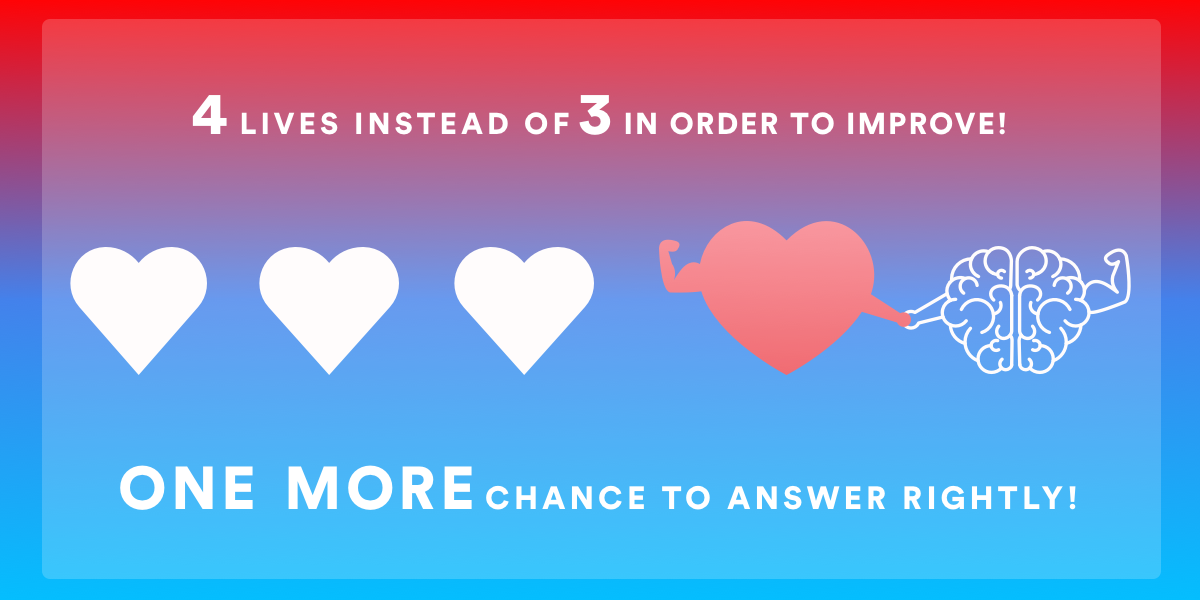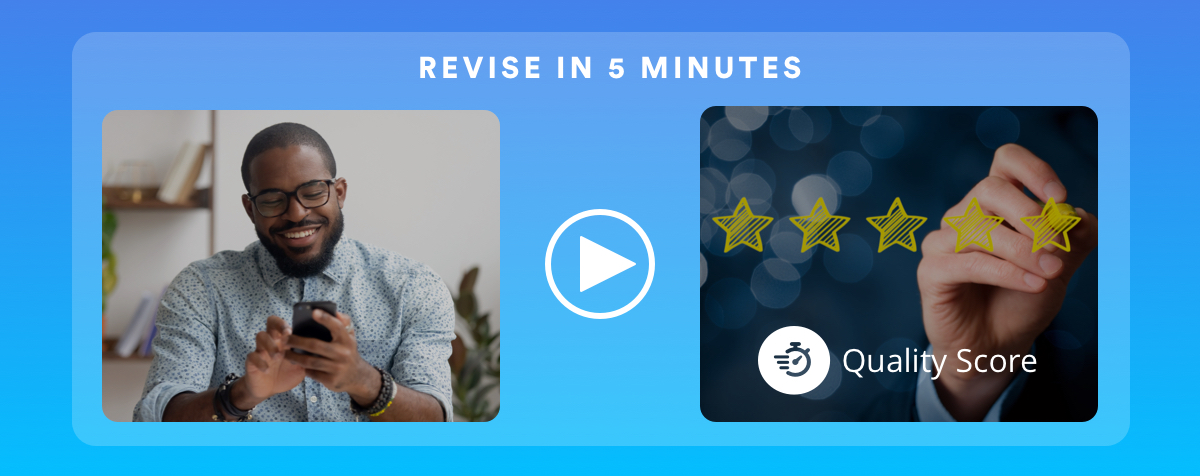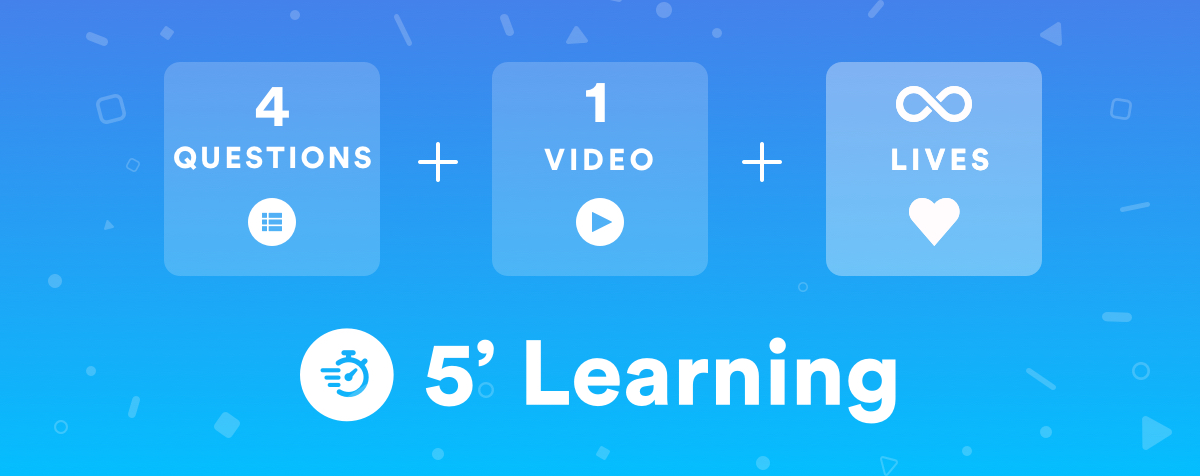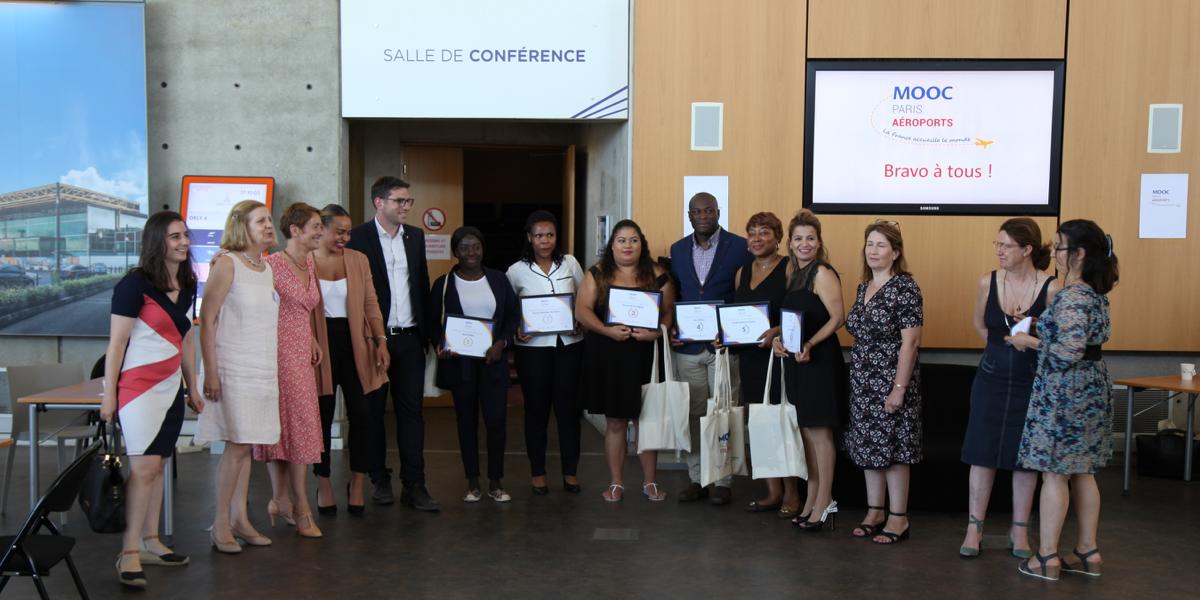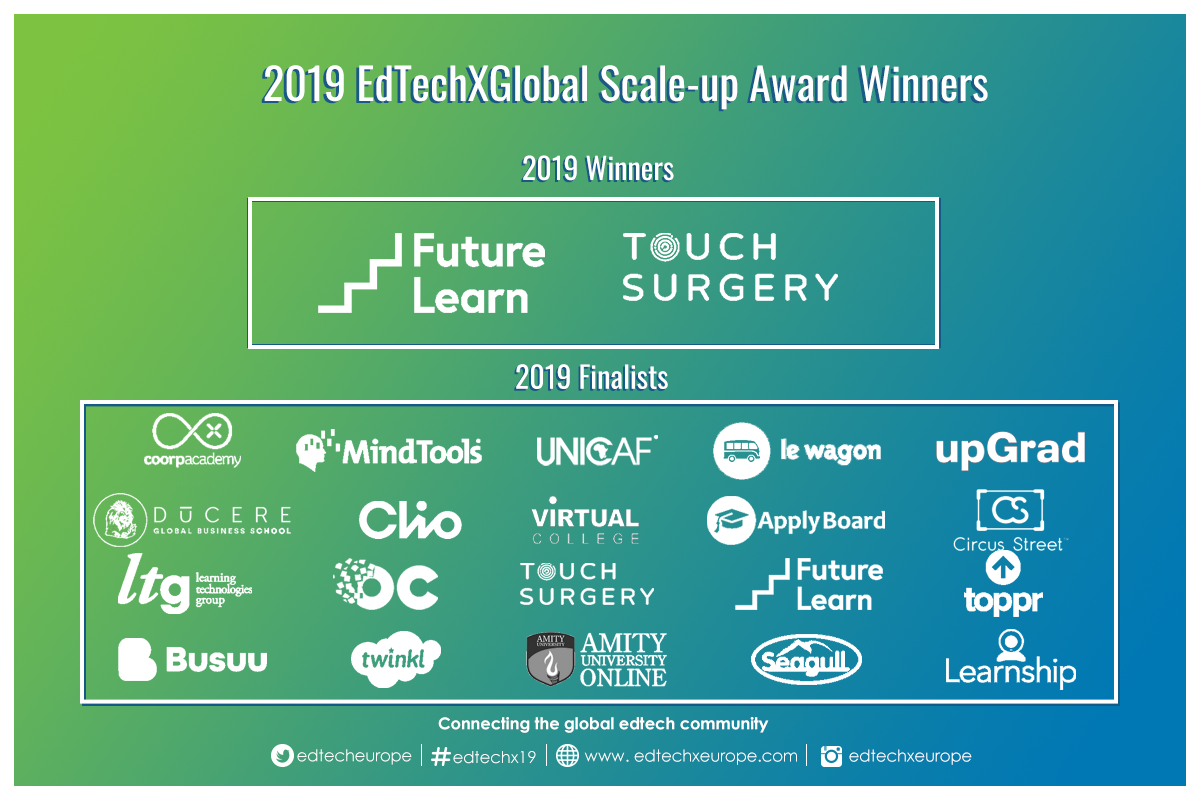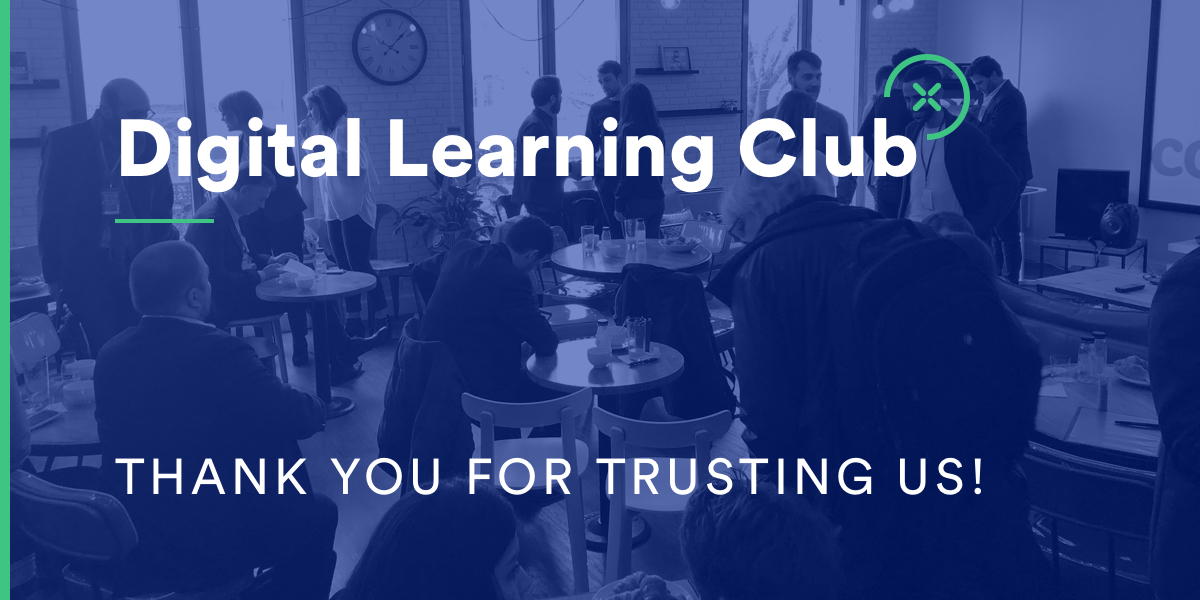For many years, calculating ROI (return on investment) of continuous training has been difficult, especially with the pressure of Direction Committees and stakeholders, with expenses sometimes hard to justify with actual and tangible results.
‘The main issue for Human Resources is the calculation of its return on investment.’ Catherine Benet, former HRD of Paris Airports (Aéroports de Paris).
How do we calculate the ROI of continuous training?
In the 50s, PHD and former president of the American Society for Training and Development Donald Kirkpatrick described an evaluation model of training efficiency in a 4 levels pyramid: The Four Levels of Training Evaluation. Jack Phillips then completed this model in the 90s in order to calculate ROI, with a 5th layer.
However and despite the evolution of HR practices over the years, the attendance sheet is – way too often – the method used to follow how people train and to see how many employees attended a course.
In this article, I’ll try to show you how asking yourself 12 questions can help nurturing the debate on the return on investment of continuous training. Food for thoughts and maybe a few leads to start calculating a tangible return on investment.
This is 7 minutes read. But there is a summary at the end of the page, for people in a rush 😉
Which ROI? For whom?
The 1st issue with return on investment comes from each and everyone’s expectations. When expectations are different, the calculation of ROI is different as well. Let’s take a few examples:
The stakeholder: ‘If I invest 1€ in training, I need to get 1€ + interests back.’
The senior executive: ‘To measure the return on investment, I need to see the training’s added value to business. How does it impact my business results?’
The HR Director: ‘In order to improve the return on investment of continuous training I can use digital learning tools. It’ll allow me to deploy our training content to the whole company very quickly, and to reduce face-to-face training times. My costs will be reduced, I’ll improve the return on investment.’
The Chief Learning Officer: ‘How can I measure my coworkers’ real learning impact? How can I measure with tangible results what they actually learnt?’
The managers: ‘Are these training programs concrete? My team doesn’t have any time to waste.’
The employees: ‘I hope the training content will be interesting.’
12 steps to calculate the ROI of training
In the end, the calculation of the ROI comes from a group of questions to be answered first.
These 12 questions aims at obtaining a positive and lasting return on investment with corporate continuous training.
- How many employees like to train?
- How many employees really train?
- How many employees train with qualitative content?
- How many employees remember what they learnt?
- How many employees apply what they learnt in their day-to-day jobs?
- How many employees are more efficient thanks to what they learnt?
- On how many professional tasks are these employees more efficient?
- How are these employees performing better?
- Is the company seeing the result of this better performance thanks to tangible and measurable results?
- Is these results important to senior executives and management?
- Is the Direction Committee rewarding these results?
- Is the reward valorized by the employee?
If you apply a conversion rate to each of these questions, you will obtain a ROI calculation and an estimate of this feedback loop efficiency. Obviously, the more your conversion rates will be high, the better will be your ROI.
Does this solve the main problem of HRs?

No.
The calculation is complex. These tasks cannot be completed by HR executives only. HR executives cannot impact all of these elements. Learning, learning tools, content, pedagogy, trainers, senior executives are also playing an important part in this cycle. We also know there will be loss at each step.
To illustrate what I’m saying, let’s say we apply a 70% conversion rate to each steps.
On the 70% of employees who like to train, 70% are actually training for real. 70% of those former 70% are training with qualitative content, 70% of those remember it… And so on – you get it!
At the end of the 10th question, it’s easy to understand how it is complicated for a HR Director to justify the return on investment of continuous training.. The direction will only look at the result in the end: here, it’s a 2,82% performance (70%^10).
How to maximize your impact as a HR Director?
On which key performance indicators do you have the most impact?
Basically, on the first 4 steps of this cycle: make people enjoy learning, make training more accessible, provide qualitative content and improve how people memorize and learn.
If – thanks to you – you achieve getting 75% people enjoying training and learning instead of 70%, with 75% of them actually and effectively training, with then 75% of them training with qualitative content and 75% of them – the ones who train with qualitative content – memorizing better, then your impact will almost be perceived as twice as better than previously: 4,96% of performance! This is the KPI the Direction Committee will study and see as important!
The 4 key steps
MAKE PEOPLE ENJOY LEARNING!
To transmit the will to learn to someone is often a balance between what’s mandatory to learn and the will to give knowledge as a trainer, whether the trainer is a parent, friend, teacher, manager, coworker of HR manager.
To say that a student or a coworker doesn’t want to learn is a mistake. Everybody enjoys learning, but not on all topics and not if the learning process is boring, annoying or sometimes humiliating. It’s normal that the school system or some training programs are disregarded because of these observations.
A very few of us wake up in the morning wishing to learn theories we won’t be able to apply in real life, for hours, before to be tested via a quiz that won’t explain the notions we might have not understood previously.
A good User Experience is the essential basis in any training programs, whether it is in face-to-face learning or e-learning. Do you want to learn in a freezing classroom with boring teachers? Do you want to learn on a e-learning platform full of bugs where you can easily get lost? NO.
To exit the scheme of traditional learning and understand what really drives learners, we need to understand the Facebook quiz scheme. Why does a Facebook quiz engage students more than a lecture course in a large classroom, on a topic students voluntarily chosen?
Answer: format and methodology.
When Facebook asks you 10 questions to see which country would be the most suitable for you, your brain understands it’s a game, without challenges, in which you will probably learn something. Used in pedagogical ends, reverse questioning can be very efficient.
We need to deeply change the way we see training, and the solution doesn’t lay in what we were used to at school. Gamification can bring us a part of the answer. If you’re skeptical about the benefits of gaming, I invite you to take a look at the proportions of video games players per age ranks in France in 2018. The good balance between the game aspects and the learning ones is still to be found though.
MAKE TRAINING MORE ACCESSIBLE!
When does someone want to train? The morning before going to work, or going to work? When facing a business challenge? During a meeting? In the evening? Between two meetings?
Like any desires, it can happen anytime! We’re not robots: the urge or the desire to learn something new can pretty much happen all the time.
What is fuelling this desire?
Sometimes it’s a life goal, sometimes it’s a weak stimulus, something that got you curious at the coffee machine: ‘Did you hear about the latest scandal of misappropriation of funds by top executives of this famous international bank?’
10 minutes after, you’ll probably be reading press articles about the case, on your laptop or your smartphone.
From the beginning of content conception, we need to think it – the training content – to be as accessible as possible, on any support, at any time, from wherever we are.
PROVIDE QUALITATIVE CONTENT!
Would you rather look for information yourself among thousands of possible results or receive the most accurate information, summarized?
Don’t make the mistake of seeking volume over quality. By doing this – volume over quality – you’ll reduce your coworkers’ engagement, lose their trust and it’ll be way more difficult to monitor their progress on a large volume of content. Without mentioning how difficult it would be to update all content pieces.
2 options are available if you’re looking for qualitative content: look for the experts in each skill fields or look for training players who chose the quality of content as the main part of their editorial lines.
In order to massively and internationally deploy your training programs, keep in mind that your main constraint will be the cost of deployment of your training courses. For this reason, digital learning is a very interesting tool to massively and instantly deploy your content all over the world, at reduced costs.
IMPROVE HOW PEOPLE MEMORIZE AND LEARN!
What are the best practices to memorize information?
Some use the ‘Method of loci‘ to improve memorization, others simply follow training programs.
To repeat several times is a well-known technique to improve memorization. Right now, the buzz word is blended learning: mixing training methods to repeat information while avoiding the monotony of repetitions. Blended learning became very popular among large corporations but might not be enough to ensure information retention.
Well-thought quizzes where each right answer can get you a bigger bonus of points than previously will motivate you to repeat your actions without feeling it is boring or annoying. It’s the art of gaming: making you better while having fun.
The challenges – ‘Battle’ on the Coorpacademy platform – between learners are a good example of efficient gamified repetitions, especially for people who like to challenge themselves and others. It particularly suits salespeople.
At last, pedagogy need to stay at the heart of the learning system. Forcing someone to learn doesn’t guarantee – at all – the memorization of information. Sometimes we think we know the topic already and we don’t want to go through the ‘learning step’ before answering questions and actually test our knowledge. Why then force a learner to watch a video, learning material before answering any question? The learner could simply answer, make a mistake, relearn, redo it a bit later. This counts already for 2 repetitions, while it’s not more expensive, and the key learning factors will probably be way more memorized by the learner than if he/she was working on a classical learning format (the course, then the questions, then the evaluation).
To improve information retention, memorization, one needs to master the art of repeating while making the experience pleasant and enjoyable for the learner.
To sum up…
The return on investment of training is still hard to measure. A lot of factors – and most of the times factors that you can’t impact as a HR leader – need to be taken into account. But it is possible – still as a HR leader – to impact positively the ROI.
At the Human Resources level, it’s by making people enjoy learning, making training more accessible, providing qualitative content and improving how people memorize and learn that you’ll increase significantly the impact of continuous training on teams’ performance.
A few ingredients are essential to a good learning process: desire, pedagogy, repetition, top-notch user experience.
For an efficient international deployment for organizations of +1000 employees, e-learning and more particularly Learning Experience Platforms (LEP/LXP) became the essential tool which guarantees instant deployment at reduced costs.
Continuous training is even more important today as new jobs are created and others disappear before we even invented the right training for them. Learning how to learn is becoming essential in order to maintain one’s future employability. Training on soft skills is becoming more and more important as studies from the World Economic Forum and McKinsey show it.
BONUS
Why companies serious about training need to embrace a new generation of e-learning tools? – An article of Jean-Marc Tassetto, co-founder of Coorpacademy, published in Computer Business Review.
By the way, last but not least…
If you Googled the ‘Method of loci‘, you’re among the learners that are proactive in the way they learn. Congratulations!
If you haven’t but now want to Google it while reading this, it proves that it just takes a small stimulus to make people wanting to learn 😉
